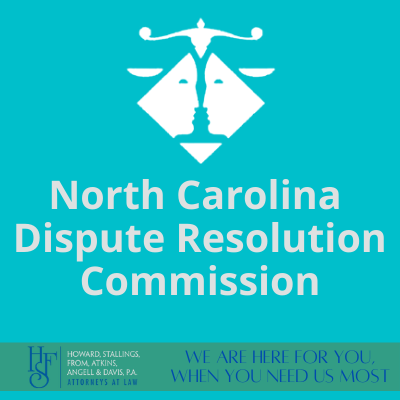When is a settlement not a settlement?


Mediation has been an increasingly popular and effective means of bringing parties to the table to resolve their disputes. A mediation is a forum in which an impartial mediator encourages the parties to reach a voluntary agreement.
In Mitchell et al v. Boswell, N.C. Court of Appeals, No. COA 19-1077 (decided November 3, 2020), the parties met at mediation and a settlement agreement was signed. Because some of the parties were not physically present at the mediation, the settlement agreement was signed by the attorneys “o/b/o” (one behalf of) their clients. After the defendant repudiated the settlement, the plaintiff filed a suit to enforce it.
Although the trial court found that the settlement agreement was binding, the Court of Appeals held that it failed to satisfy N.C.G.S. §7A-38.1(l), which states “No settlement agreement to resolve any or all issues reached at the proceeding conducted under this subsection or during its recesses shall be enforceable unless it has been reduced to writing and signed by the parties against whom enforcement is sought.” Finding that N.C. G.S. §7A-38.1(l) serves as a statute of frauds, the Court of Appeals held that the failure of the defendant to sign the settlement agreement rendered it unenforceable.
The Court rejected the contention that the attorneys were “authorized agents” who may sign for the parties. This raises questions about whether other representatives such as attorneys-in-fact or other “authorized agents” may sign for a party.
The precautions taken around the COVID virus suggest that more and more mediations will be held remotely. A simple clause recognizing facsimile or electronic signatures as originals, coupled with pdfs containing the parties’ signatures, would have sufficed to render the agreement enforceable or the mediation could have been adjourned to allow the parties time to provide their signatures. In any event, both mediators and attorneys should be cautious about an agent’s authority to sign on behalf of his or her principle.
Jim Angell is a Certified Superior Court Mediator by North Carolina Dispute Resolution Commission. If you have questions about your case and alternative forms of resolution, please contact us today.






